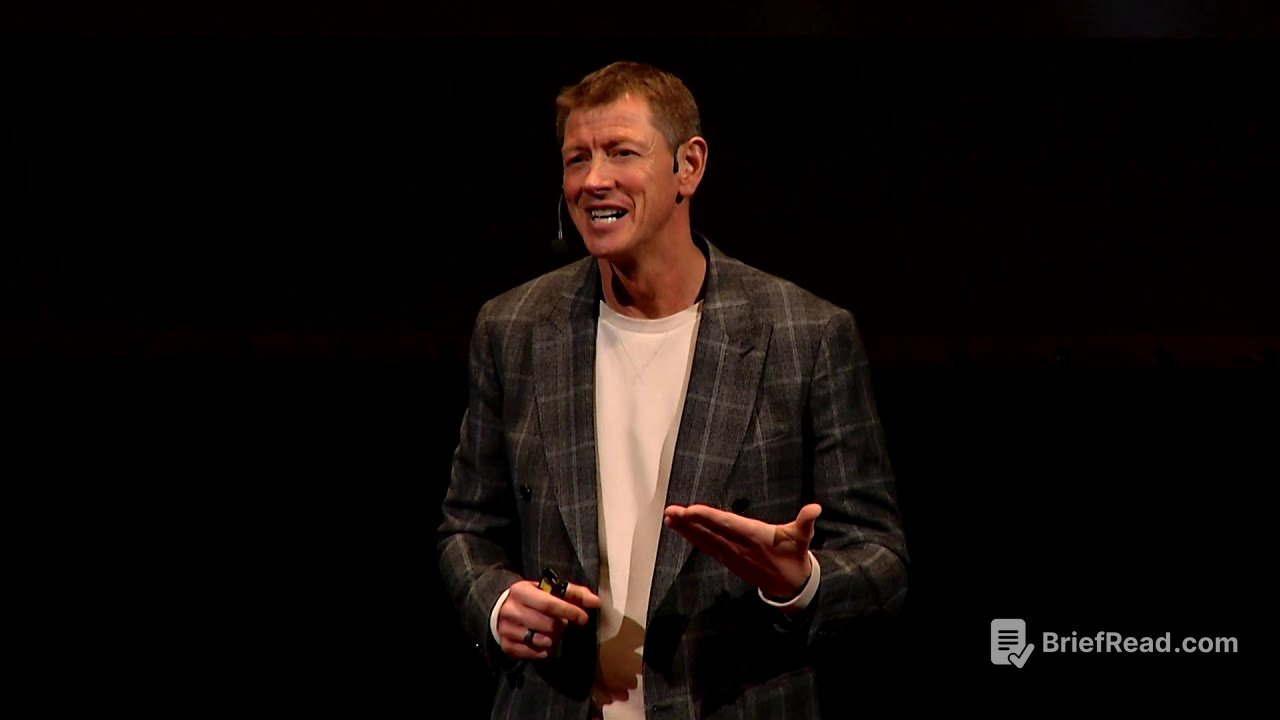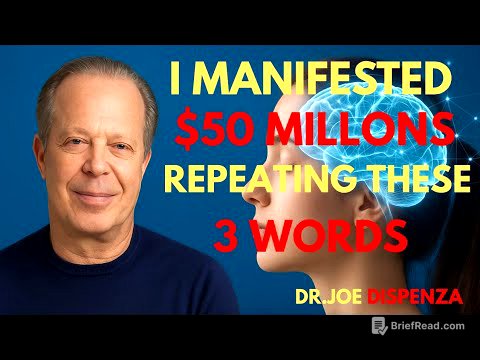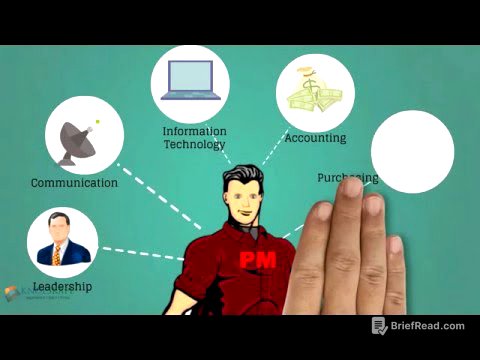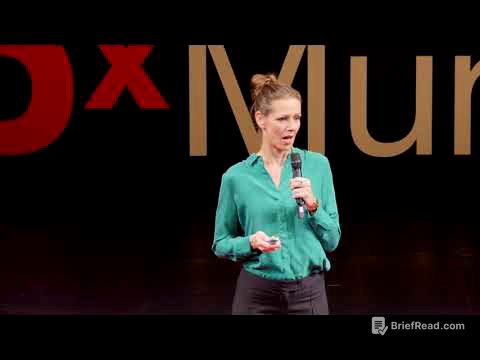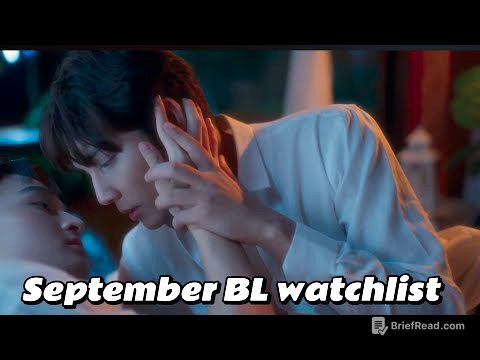TLDR;
The speech addresses why intelligent and motivated individuals often procrastinate, self-sabotage, and struggle to reach their full potential despite abundant resources. It explores the conflict between our nervous system's desire for comfort and our soul's need for growth, and how early childhood experiences shape our self-perception and habits. The speaker provides three practical tips for personal transformation: controlling input, actively seeking positive influences, and addressing unconscious patterns with the help of a mentor. The ultimate goal is self-mastery, enabling individuals to inspire change in the world by becoming the best versions of themselves.
- The conflict between comfort and growth drives mediocrity.
- Childhood experiences significantly shape self-perception.
- Environment trumps will, influencing behavior and beliefs.
- Three tips for change: control input, seek positive influences, address unconscious patterns.
- Self-mastery is key to handling uncertainty and inspiring change.
Introduction: The Paradox of Potential [0:18]
The speaker questions why intelligent, self-motivated people often procrastinate, self-sabotage, and fail to reach their potential, despite living in a time of unprecedented resources and opportunities. He contrasts those who achieve greatness against all odds with those who have resources but achieve only mediocrity. The speaker argues that the issue isn't a lack of resources but rather an internal conflict.
The Comfort Zone vs. The Soul's Calling [1:43]
Human beings are hardwired for comfort, but our essence or soul is hardwired for growth. Managing the tension between the comfort zone and the innate calling of our potential causes frustration and keeps people stuck in mediocrity. The speaker suggests examining the human brain to understand this dynamic.
The Impact of Early Childhood [2:12]
The neocortex, responsible for critical thinking, doesn't fully develop until around age seven, meaning children operate primarily in theta and delta brainwaves, making them highly impressionable. The speaker illustrates this with a story of a father's negative reaction to his son's request for a toy, which the child internalizes as "I'm not good enough." This early programming significantly shapes self-perception and can lead to self-sabotage.
The Undisputed First Law of Personal Growth [4:58]
The speaker asserts that people will never rise above their own self-opinion, which is largely formed in childhood based on perceived love from significant figures. This mirrors the idea that one can never love another more than they love themselves. He also notes that humans are creatures of habit, with the brain often handing over frequently made decisions to the midbrain, creating unconscious behaviors.
The Elephant and the Ant: Conscious vs. Unconscious Mind [6:59]
The conscious mind, representing only 5% of our mental activity, is like an ant marching confidently but being carried by an elephant (the unconscious mind) heading in the opposite direction. The mind is also likened to a compass needle that, when consciously directed, can point anywhere, but when left unattended, drifts back to its default, often negative, magnetic north.
Environment Trumps Will [9:03]
Our intention is often overridden by our environment. The speaker uses the example of being forced to listen to jazz, eventually leading to enjoyment despite initial dislike. He emphasizes that we are programmable and can only choose how we are programmed. Living in a negative environment undermines positive affirmations and intentions. The law of conformity dictates that we tend to become like those we associate with.
Three Tips for Transformation: Stop, Start, Get Out [11:10]
The speaker provides three simple tips for personal change:
- Stop putting the wrong things in: Avoid negative programming from mainstream media, which is designed to stimulate the amygdala with negative news. Also, be mindful of your peer group and choose friends wisely.
- Start putting the right things in: Actively seek positive and inspirational content through podcasts, books, and biographies to remagnetize your compass needle in a positive direction.
- Get the things that shouldn't be in there out: Work with a mentor or coach to identify and remove unconscious patterns that hold you back.
The Real Game: Self-Mastery [16:14]
The ultimate goal is self-mastery. Before investing in skills or workshops, focus on mastering yourself. Self-mastery allows you to remain centered in chaos and handle uncertainty effectively. By committing to self-mastery, you become an example and invitation to others, inspiring change through your own transformation.
